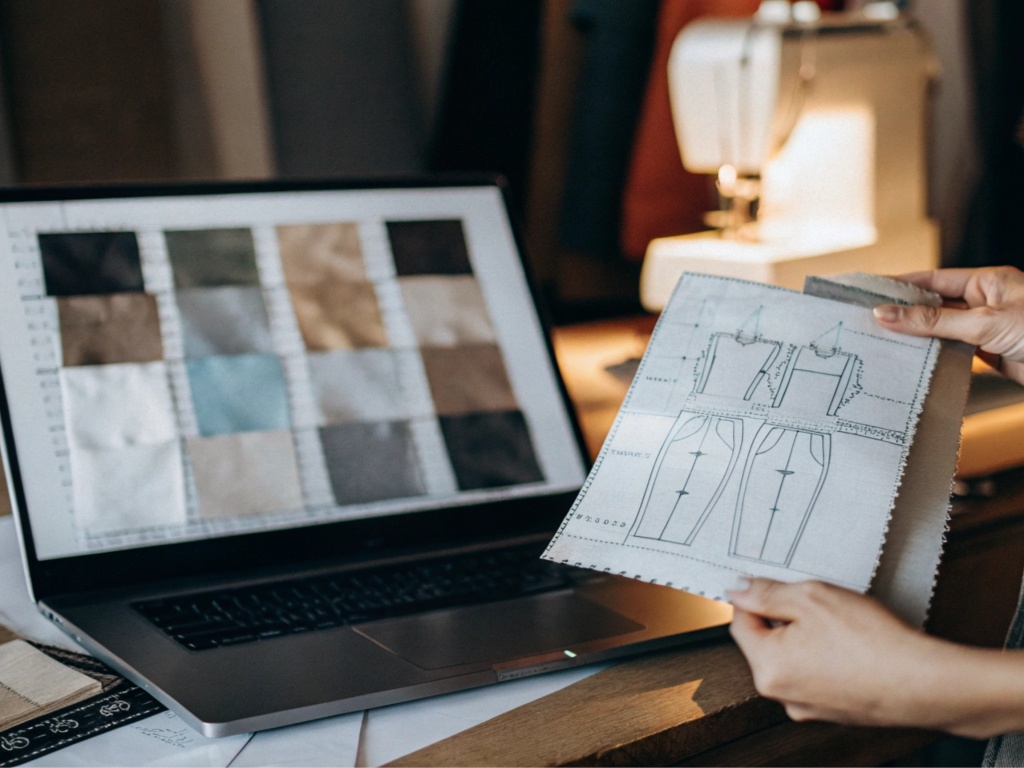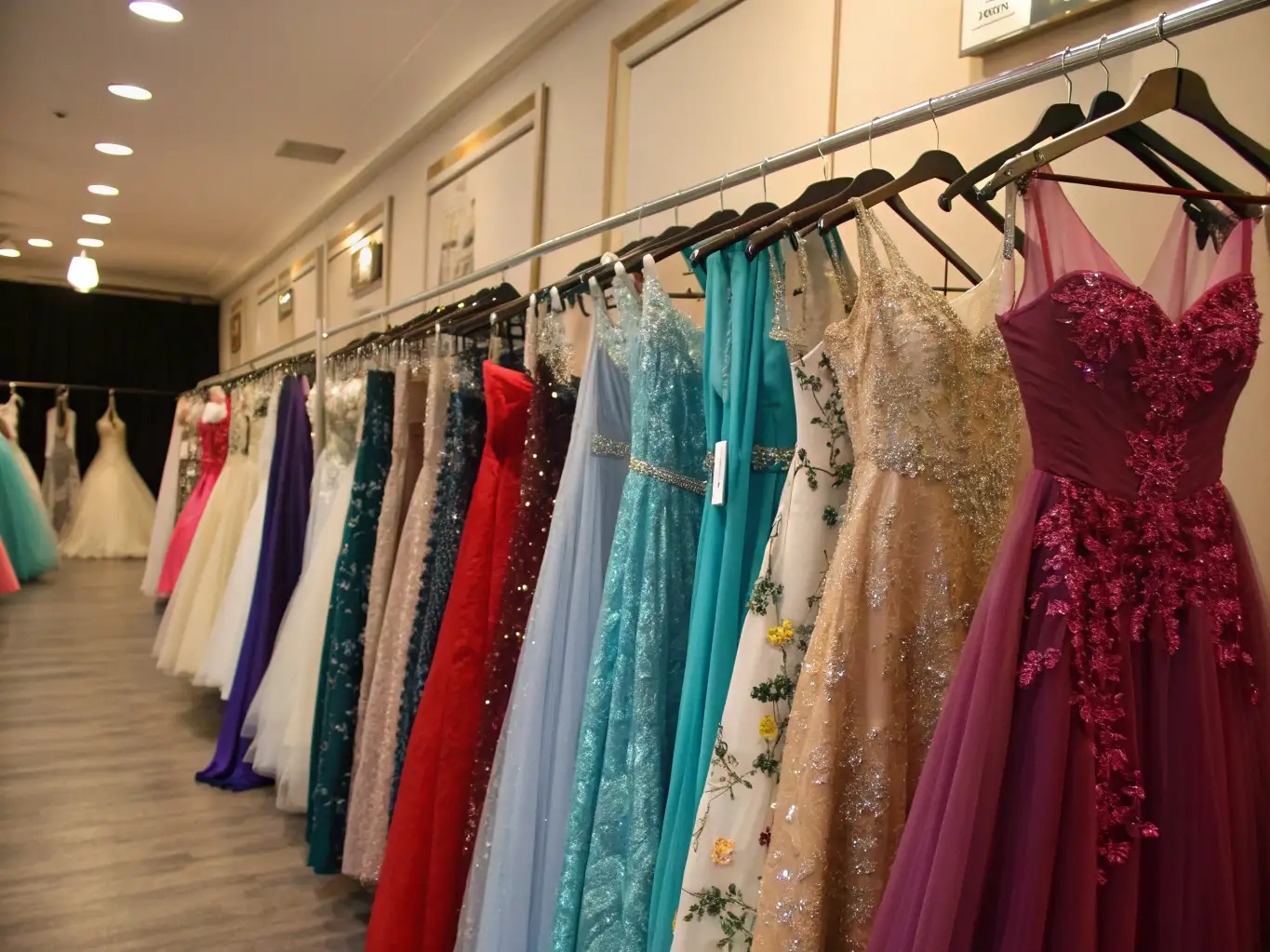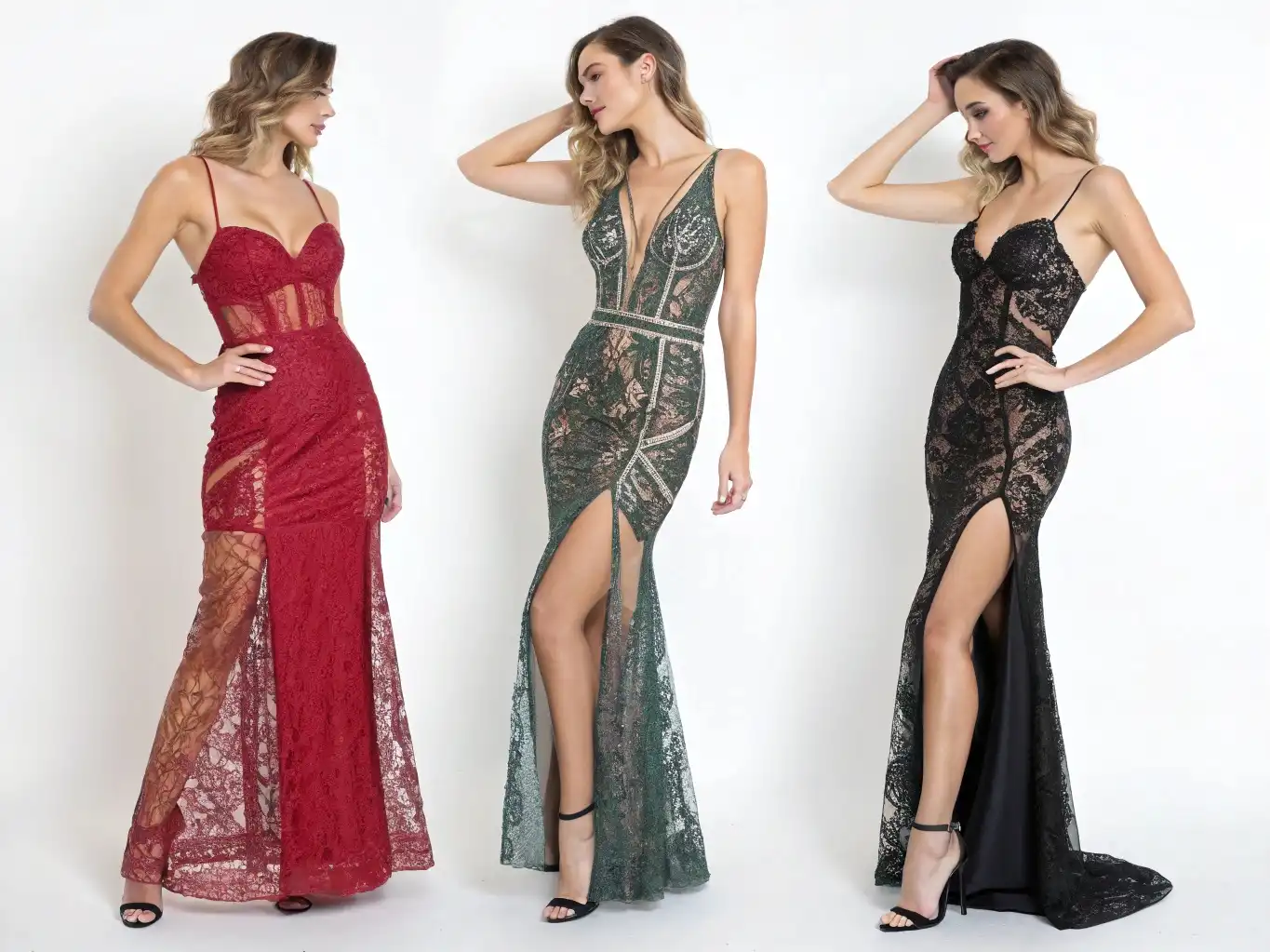Starting to source samples from clothing manufacturers can feel overwhelming. You might be unsure about costs, processes, or even communication. It’s crucial to approach this with clear goals.
To source samples, research suppliers1, verify their credibility, and establish clear communication. Focus on your product requirements, agree on terms, and request a sample.
I’ll share key steps and insights to help you confidently navigate the process of sourcing samples.
How much is a sample from a clothing manufacturer?
The price of a sample varies depending on the product and supplier. Some manufacturers charge production costs, while others add design fees.
A sample from a clothing manufacturer usually costs2 $50–$300. It depends on fabric, design complexity, and customizations.
Key factors affecting sample costs:
| Factors | Details |
|---|---|
| Fabric | Higher-quality materials cost more. |
| Design complexity | Intricate patterns increase costs. |
| Customization | Unique designs require extra work. |
If you’re sourcing multiple samples, negotiate for discounts. However, avoid compromising quality for lower prices, as the sample represents the final product’s standard.
How to get a free sample from a manufacturer?
Getting a free sample is possible if you negotiate strategically and build trust with the supplier.
Free samples3 often require establishing rapport with the manufacturer. Some offer free samples for bulk orders or long-term partnerships.
Strategies to secure free samples:
- Leverage bulk orders: Commit to larger future orders to justify the supplier’s cost.
- Attend trade shows: Some suppliers offer free samples to serious buyers.
- Negotiate terms: Highlight potential for ongoing collaboration.
While free samples save money, always ensure they match the quality of paid samples.
How to request product samples from suppliers?
Requesting samples involves clear communication about your needs and expectations.
Specify your product requirements, quantity, and timeline when requesting samples. This ensures accurate delivery.
Write a professional sample request4:
- Introduction: Briefly explain your company and requirements.
- Details: Provide measurements, fabric preferences, and design specifications.
- Timeline: Indicate urgency without pressuring the supplier.
Example:
“Hello, we’re JF Apparel specializing in women’s dresses. We’re exploring partnerships and need a sample of [specific product]. Please include details about cost and lead time. Thank you!”
Following up politely is also essential to maintain communication.
Do producers pay for samples?
Producers don’t typically pay for samples; instead, they charge buyers to recover production costs.
Producers rarely pay for samples.5 They recoup costs through buyers to ensure their expenses are covered.
Samples represent effort, from material sourcing to assembly. Manufacturers may subsidize costs for loyal customers, but expecting them to absorb the full cost isn’t common.
Key Takeaway:
For long-term partnerships, some manufacturers offer discounts or even free samples to maintain relationships.
How do producers get their samples?
Producers develop samples by converting buyer specifications into prototypes.
Manufacturers use tech packs, fabric details, and patterns to create samples that meet buyer requirements.
Sample creation process:
- Tech pack review: Includes sketches, dimensions, and fabric choices.
- Material sourcing: Procure specific fabrics and trims.
- Pattern development: Translate designs into patterns for cutting and sewing.
- Prototype assembly: Combine materials to create the final sample.
This process ensures that the sample aligns with your vision before full production begins.
How successful are free samples?
Free samples can effectively convert potential buyers into loyal customers.
Free samples boost trust, showcase quality, and increase the likelihood of future orders.
However, offering free samples involves risk for manufacturers:
- Cost burden: High-quality samples are expensive to produce.
- Genuine interest: Some buyers exploit free samples without follow-through.
Producers must weigh these risks against the potential for building lasting relationships.
Why are samples so expensive on Alibaba?
Alibaba samples are costly due to small-scale production, material sourcing, and shipping.
Alibaba suppliers charge higher rates for samples because each one involves individual sourcing and higher production effort.
Factors driving high costs:
| Factor | Explanation |
|---|---|
| One-off production | No economies of scale. |
| Premium materials | High-quality fabrics increase costs. |
| Shipping fees | International logistics add costs. |
Negotiate wisely and assess whether the sample’s quality justifies its price before proceeding with bulk orders.
Conclusion
Sourcing samples is an essential step in working with clothing manufacturers. Approach it with clarity, strategy, and an eye for detail to ensure success.
-
Guides buyers on assessing supplier credibility before initiating sample requests. ↩
-
Explains the factors influencing sample pricing from different manufacturers. ↩
-
Provides tips on leveraging relationships and bulk orders for free samples. ↩
-
Outlines how to craft clear, professional sample requests to manufacturers. ↩
-
Details why producers charge for samples and how this process works. ↩







